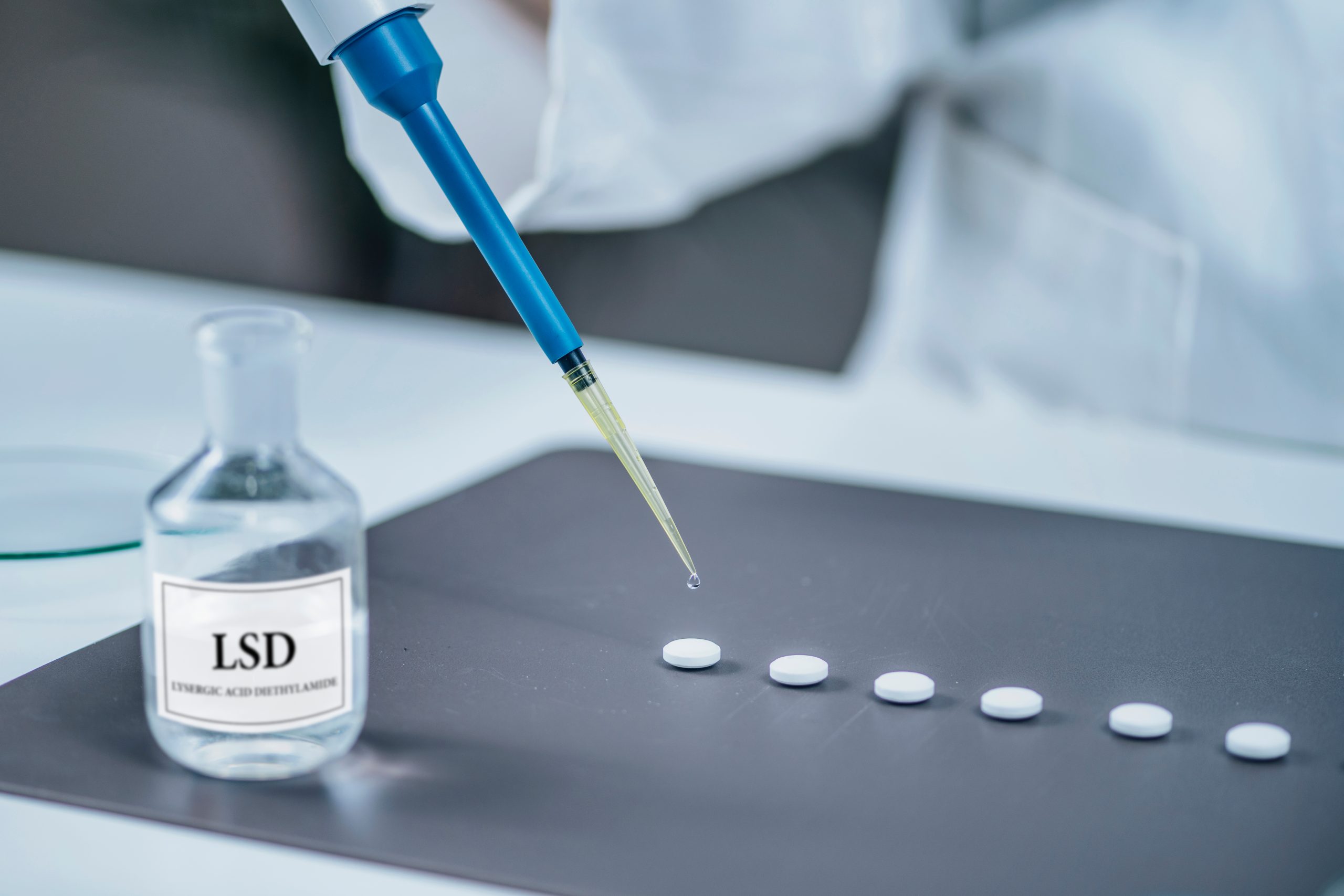Australia surprised the world yesterday by announcing it will allow psilocybin and MDMA to be prescribed to treat certain health conditions, starting July 1 this year.
The announcement represents a first for medical MDMA use in any country. As for psilocybin, the substance is available for adults 21 and over in the US state of Oregon, and will soon be available in Colorado. In Canada, it’s available for limited medical use.
Australia’s new law will only allow specific uses: psilocybin for aiding in treatment-resistant depression, and MDMA to treat PTSD, for which research has shown promise.
The substances will need to be administered in conjunction with psychotherapy—a process also backed up by research—likely similar to Oregon’s system of psilocybin administration and integration. Only psychiatrists with authorization from Australia’s Therapeutic Goods Administration (TGA) will be allowed to prescribe the substances.
This amendment to the substances’ legality came about through a change in Australia’s Poison Standards. Medical uses of psilocybin and MDMA will now be listed as Schedule 8 drugs, or controlled drugs, while other uses of the substances will still be labeled under Schedule 9, or prohibited substances.
The Poisons Standards is regulated at the state or territory level, so while this amendment will take place nationwide, individual states or territories in Australia may opt out of the decision if they choose, similar to how when a US state legalizes cannabis, individual counties can opt out of cannabis sales.
Related
What are psychedelic mushrooms and psilocybin?
Despite the Australian government going forward with the decision, researchers in Australia are divided on the decision.
“This is a huge step for the treatment of PTSD and treatment-resistant depression in Australia, providing access to alternative interventions for individuals who have exhausted all treatment options,” said Sarah-Catherine Rodan, PhD Student at Lambert Initiative for Cannabinoid Therapeutics, InsideOut Institute for eating disorders, University of Sydney.
However, many researchers working on psychedelic therapies exhibited caution at the decision.
“There is initial evidence that MDMA can be beneficial in treating PTSD but there is much we do not know,” said Professor Richard Bryant, from the School of Psychology University of New South Wales. “The science is at a point where we can say it is too early to be prescribing MDMA for PTSD patients. Instead, we should be investing in research to understand how MDMA can be used in relation to proven treatments.”
Related
What is MDMA (aka Ecstasy or Molly)?
Perhaps more important, the legalization of substances anywhere in the world destigmatizes drug use in general, a welcome step in combating the War on Drugs and creating a new narrative of substances.
“MDMA was being used as medication in 1985, when it was banned by executive order of the President of the USA, and against the advice of medical professionals and administrative agencies,” said Dr. David Caldicott, Emergency Consultant and Senior Clinical Lecturer in Medicine at the Australian National University.
“The safe ‘re-medicalization’ of certain historically illicit drugs is a very welcome step away from what has been decades of demonization. In addition to a clear and evolving therapeutic benefit, it also offers the chance to catch up on the decades of lost opportunity in delving into the inner workings of the human mind, abandoned for so long as part of an ill-conceived, ideological ‘War on Drugs’.”
By submitting this form, you will be subscribed to news and promotional emails from Leafly and you agree to Leafly’s Terms of Service and Privacy Policy. You can unsubscribe from Leafly email messages anytime.











































